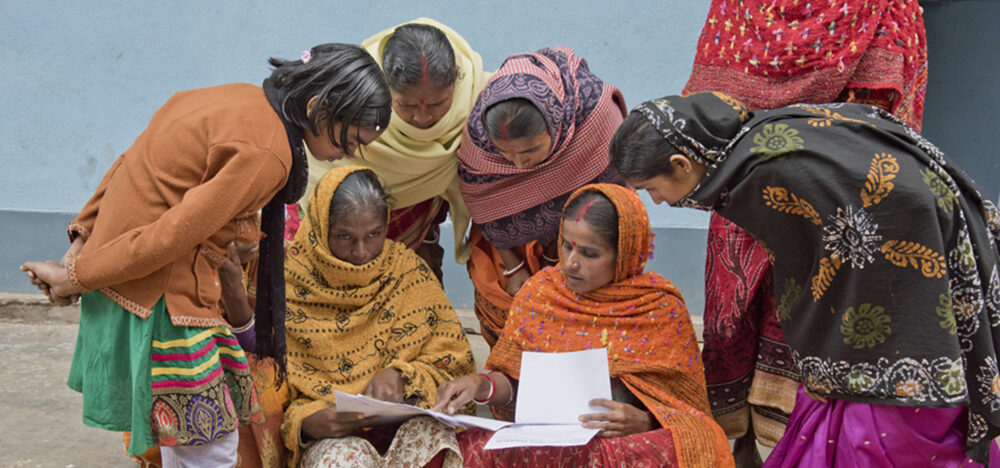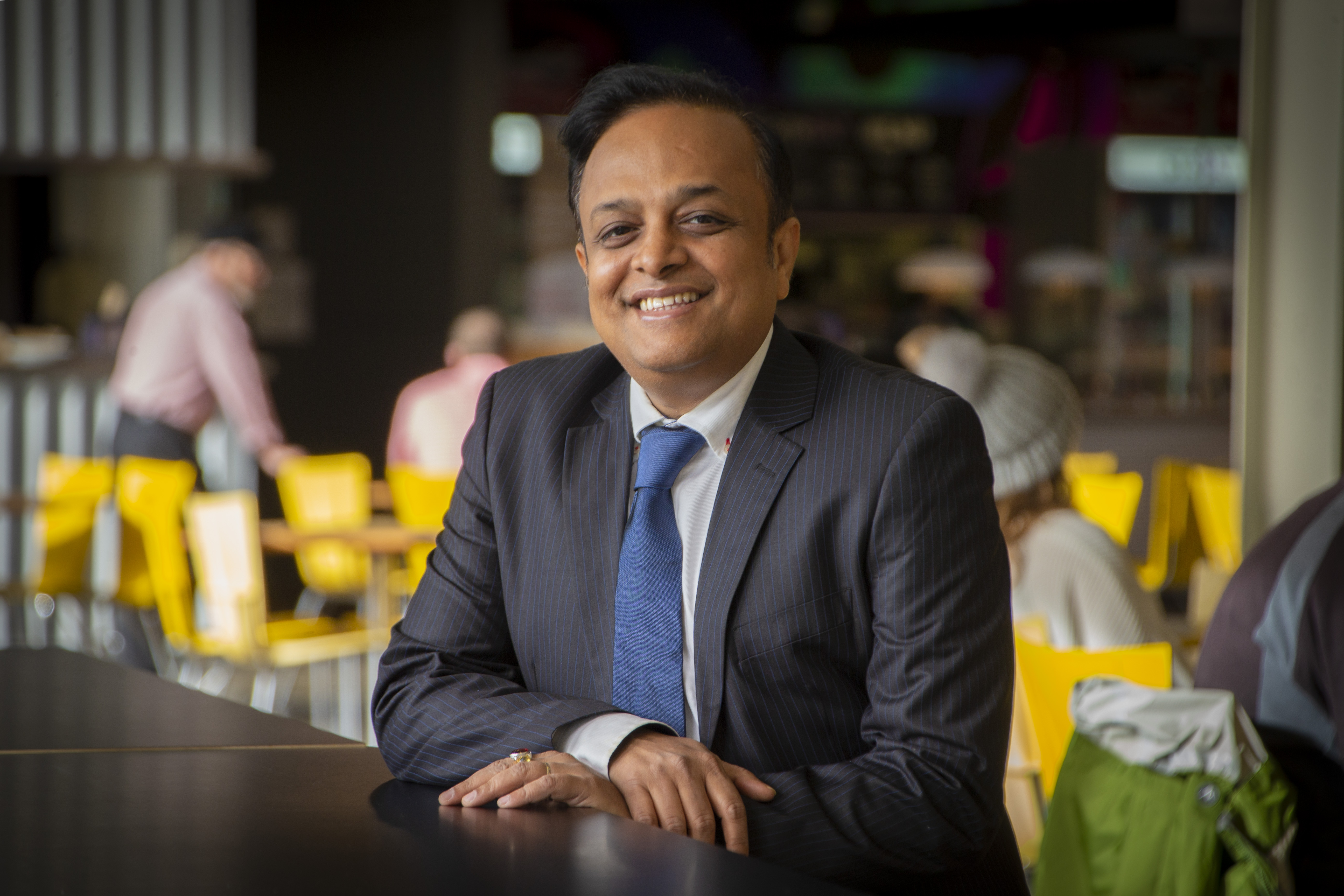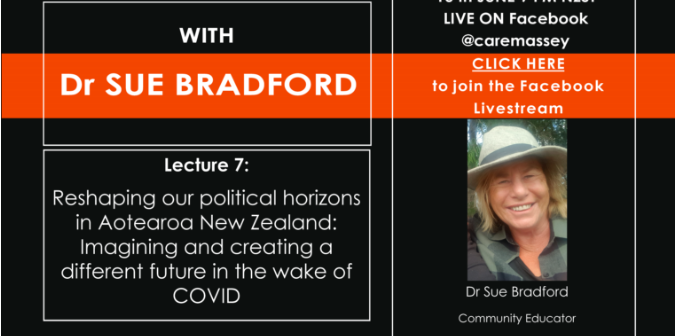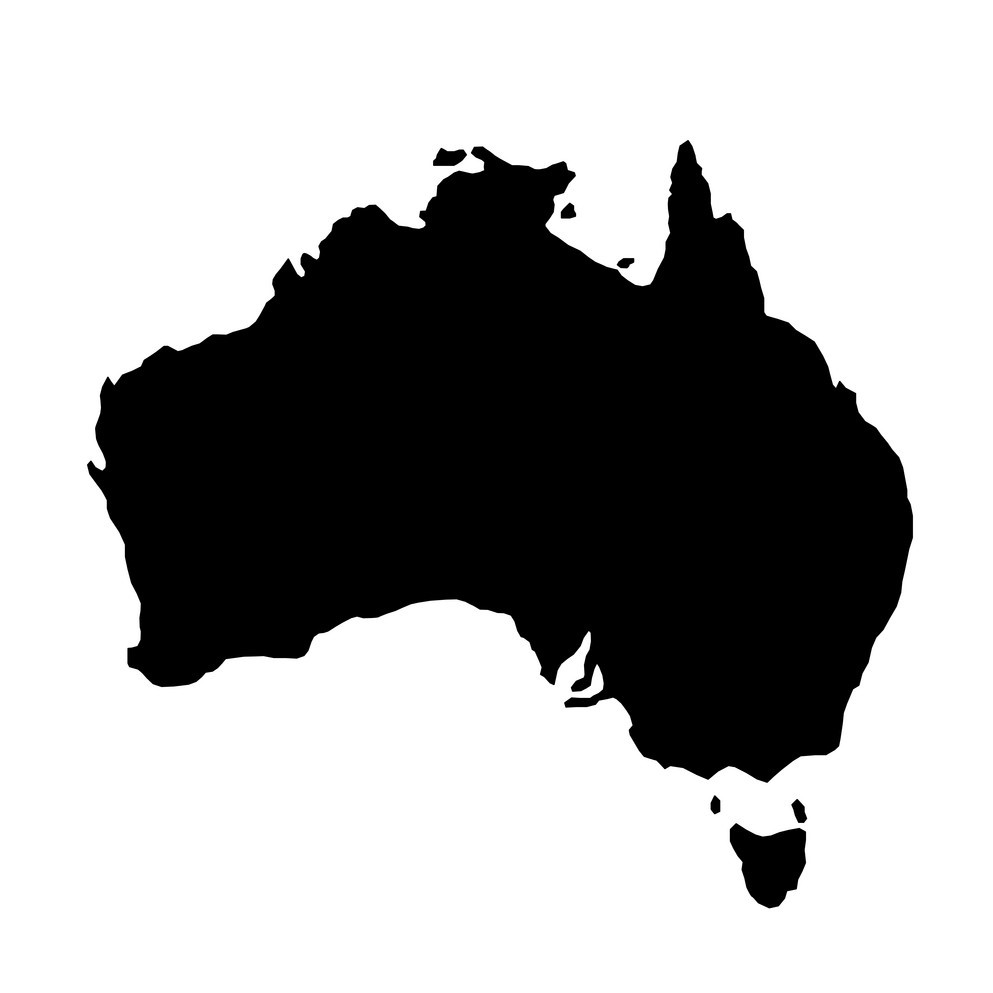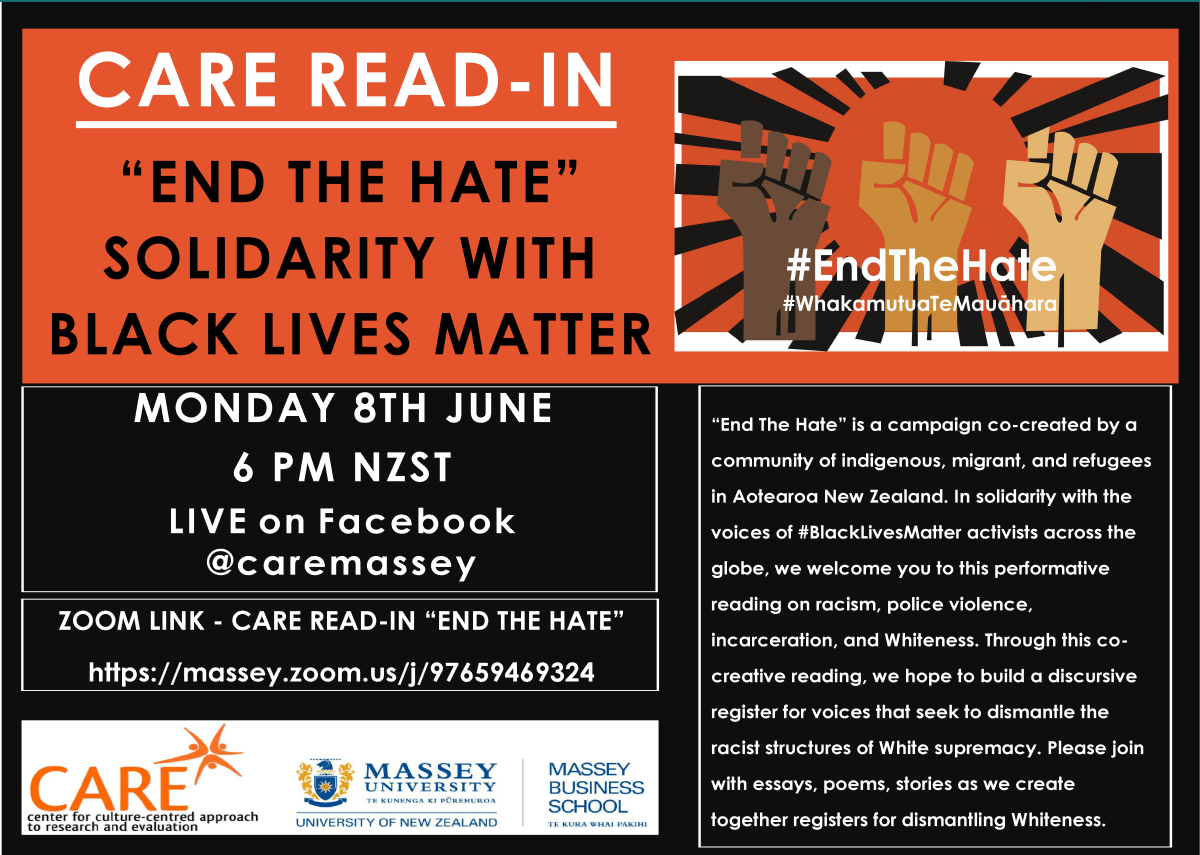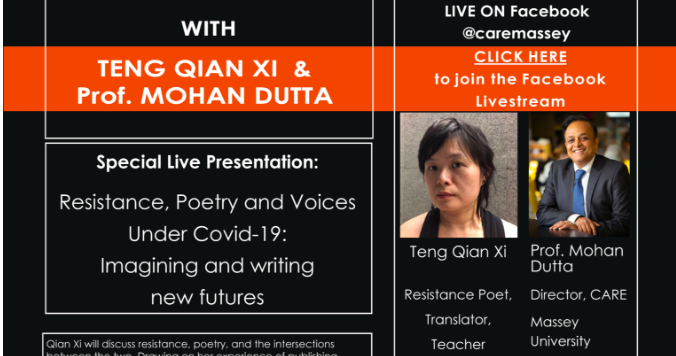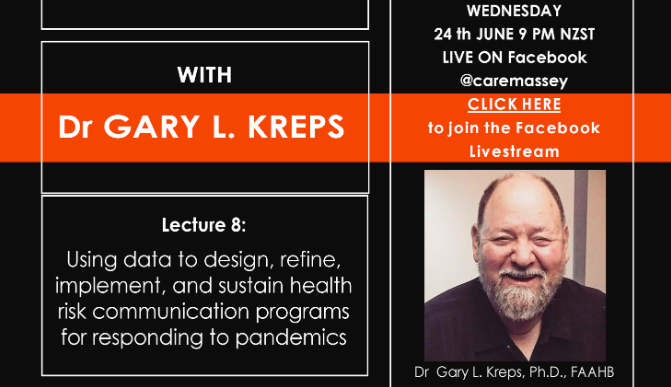
Evaluation research is desperately needed to provide the evidence needed to guide effective prevention, preparation, and response efforts for countering the deadly effects of pandemics, such as COVID-19! We need to conduct surveillance research (such as epidemiological research) to monitor impending health risks, disseminate the latest surveillance data about health risks to policy makers, first-responders, and affected publics, using research to guide evidence-based health risk reduction efforts. Research should guide mobilization of essential risk response resources and personnel, determine needed education and training activities, and guide the implementation of relevant public policies and programs to prepare for pandemics.
When pandemics do hit, we need good data to guide development of coordinated treatment and mitigation programs, including designing relevant communication efforts to inform, persuade, and enforce the best evidence-based health risk response activities. These risk response efforts must be carefully monitored and evaluated to identify what is working and what is not when responding to pandemics, to guide needed refinements to health risk programs and policies. Needs analysis research must examine the nature of health risks, identify who is at risk, and suggest what can be done to reduce their risks. Audience analysis must guide appropriate communication with key at-risk populations, especially by actively engaging members of these populations to participate in developing and implementing appropriate response programs. Dr Gary L. Kreps examines the best evaluation research strategies for guiding effective communication and response efforts for pandemics to reduce risks and save lives!
Watch the full lecture on https://www.facebook.com/CAREMassey/
